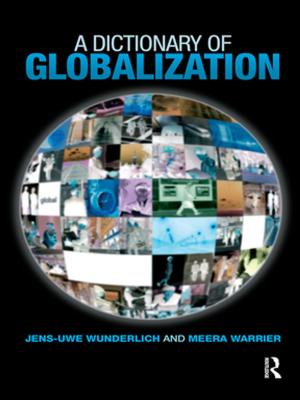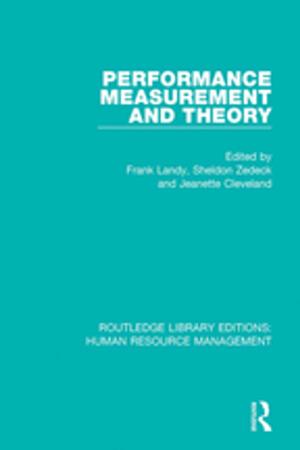| Author: | Catherine Truel | ISBN: | 9781351961813 |
| Publisher: | Taylor and Francis | Publication: | March 2, 2017 |
| Imprint: | Routledge | Language: | English |
| Author: | Catherine Truel |
| ISBN: | 9781351961813 |
| Publisher: | Taylor and Francis |
| Publication: | March 2, 2017 |
| Imprint: | Routledge |
| Language: | English |
The historic growth in world trade, large container ships and information technology have triggered profound changes in international trade. A few years ago, customs officers at the border were meticulously checking goods and documents before releasing a shipment to the trader. A business could be confident that a shipment that had cleared customs complied with all applicable regulations. Today, to reduce congestion and give the trade quick access to their goods, customs have introduced risk management principles and a large number of shipments clear customs automatically. Controls have moved from the border to the trader’s premises and it is during site visits that customs officers check the business compliance records. Moving from frontier checks to audit based controls has transferred a high level of responsibility and risk to the trader. It is now the duty of the trader to identify and report any error or irregularity and to keep an impeccable audit trail from initial quotation to receipt of payment. For the business, failing to provide satisfactory compliance records will result in delayed shipments and serious disruption in the supply chain. This will in turn impact on financial performance indicators such as Days in Inventory, Days Sales Outstanding and of course Cash Flow. The business will also have to endure in depth customs audits during which customs officers will inspect each step of the audit trail disrupting day-to-day business operation. Errors uncovered during these audits will yield heavy financial penalties and a customs debt. Ultimately, customs risk will impact on shareholders value. Customs and finance reporting should receive the same level of attention. However, if all companies check carefully their tax returns, only a few check their import or export declarations with the same scrutiny. Managing customs risk is often seen as a cost centre but it is also a source of competitive advantage. A sound customs management can reduce or remov
The historic growth in world trade, large container ships and information technology have triggered profound changes in international trade. A few years ago, customs officers at the border were meticulously checking goods and documents before releasing a shipment to the trader. A business could be confident that a shipment that had cleared customs complied with all applicable regulations. Today, to reduce congestion and give the trade quick access to their goods, customs have introduced risk management principles and a large number of shipments clear customs automatically. Controls have moved from the border to the trader’s premises and it is during site visits that customs officers check the business compliance records. Moving from frontier checks to audit based controls has transferred a high level of responsibility and risk to the trader. It is now the duty of the trader to identify and report any error or irregularity and to keep an impeccable audit trail from initial quotation to receipt of payment. For the business, failing to provide satisfactory compliance records will result in delayed shipments and serious disruption in the supply chain. This will in turn impact on financial performance indicators such as Days in Inventory, Days Sales Outstanding and of course Cash Flow. The business will also have to endure in depth customs audits during which customs officers will inspect each step of the audit trail disrupting day-to-day business operation. Errors uncovered during these audits will yield heavy financial penalties and a customs debt. Ultimately, customs risk will impact on shareholders value. Customs and finance reporting should receive the same level of attention. However, if all companies check carefully their tax returns, only a few check their import or export declarations with the same scrutiny. Managing customs risk is often seen as a cost centre but it is also a source of competitive advantage. A sound customs management can reduce or remov















